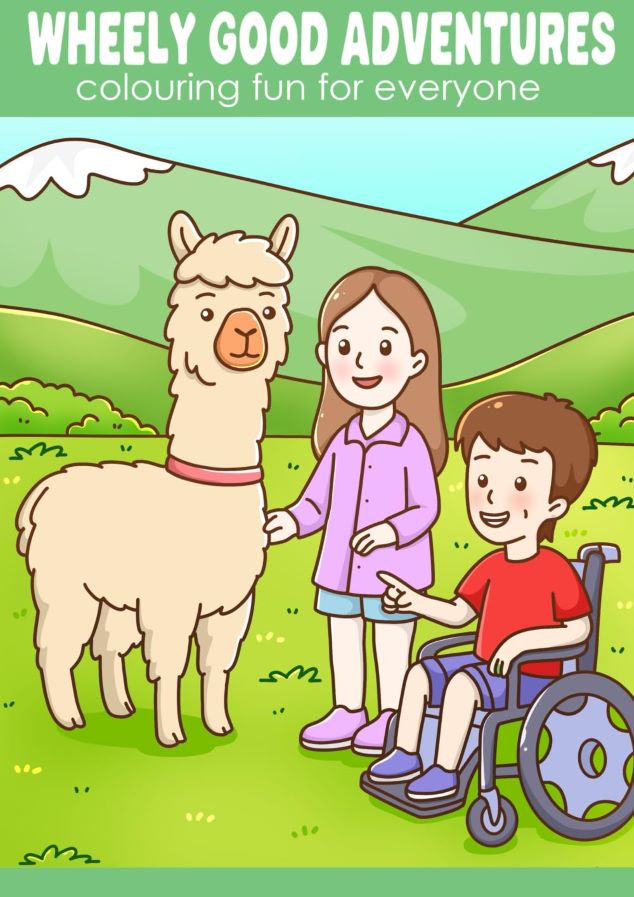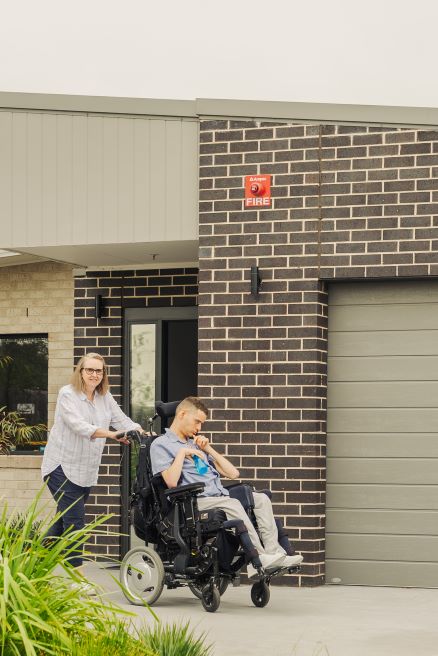The Employment Handbook resource supports people with Cerebral Palsy (CP), their families, networks, and employers in understanding inclusive Employment. Developed by Cerebral Palsy Australia and CPSN for My CP Guide, it features insights from 20 adults with CP, part of CPSN’s Lived-Experience group, The Tribe. Contributors shared personal stories, challenges, and practical advice to improve workplace accessibility. With support from the CPSN Futures Fund, the Research aims to identify barriers and inform CP-specific Employer training. It highlights the right of people with CP to meaningful work and the importance of early support in building confidence and skills for long-term Employment success. Below is an excerpt from the handbook. Download the full resource here.
Employment can contribute to a sense of identity and self-worth. It can have positive health impacts for people with CP. It also gives them the opportunity to showcase their talents and skills, and develop new ones.
Employment provides people with income and can create financial independence for them. This allows many people with CP to move out of the family home and live independently. This experience can include managing finances, paying bills and setting household budgets.
Businesses that employ people with CP benefit from the diverse range of skills, talents and qualifications that they have to offer. Research has shown that workers with Disability have higher rates of retention, better attendance, and fewer occupational health and safety incidents than those without a Disability.

Employing people with Disability makes good business sense. There are significant business benefits when employing someone with disability—benefits beyond just filling a job:
- It’s good for business, it can boost performance, and can have positive effects on culture.
- Hiring people with disability contributes to an organisation’s overall diversity.
- Employees with CP have overcome multiple personal obstacles – their perspectives, creativity and innovation can offer unique problem-solving to get the job done
- It can have a positive impact on an organisation’s brand and help reach new audiences and markets.
Members of the CP Community shared that sometimes they have a lack of self-confidence when trying to enter the workforce. This is made worse when there are preconceived ideas about their Disability. Some Employers and families have low expectations about what people with CP can achieve and what skills they offer.
Depending on the type of employment, more often than not, someone’s CP has little to no impact on their ability to perform the job. With the right support and access in place, people with CP can excel and thrive in the workplace.
88% of working age people with a Disability do not require extra support from their employer to work. 82% of people with Disability don’t need to take time off because of their Disability.
Setting goals
Before applying for work, it’s important for a person with CP to think about:
- the kind of job they want
- the kind of workplace they would feel comfortable in
- what skills and previous experience they have
- what support is required for them to do their job well.
These are important because they can determine what kind of jobs someone will be looking for. Role models or mentors can also provide advice and support while they figure out employment goals
‘It would be useful to have a mentor to talk to about challenges in the workplace both for empathy and practical suggestions.’- A 37yo female, GMFCS L3
Volunteering
Opportunities for Volunteer work can be a useful pathway into Employment.
Volunteer work can:
- Help to develop skills help individuals to better understand their passions, interests and motivations
- Improve a resume/CV
- Showcase someone’s talents to a prospective employer
Many local councils and Community organisations offer volunteer opportunities to all members of the community. For more practical information on volunteering visit Volunteering Australia at: https://www.volunteeringaustralia.org.
Work experience can also provide an Employment pathway. Using informal networks such as friends, family members and wider connections, may provide meaningful work experience opportunities that help with career aspirations and could possibly lead to an Employment opportunity.
‘I self-selected a better job and began as volunteer then got paid work at same place in a variety of positions.’ - A 55yo female, GMFCS L1
Looking for Employment
A common way for someone to find a job is by using online Employment platforms such as:
- Toozly – Australia’s largest job search website for people living with disability
- Workforce Australia – where Australians can search and apply for jobs, or find more information on their pathway to employment
- The Field – an employment site connecting people with disability who want to work with organisations that want to hire more inclusively
- Ethical Jobs – shares jobs from around 8,000 Australian charities, not-for-profit organisations and social enterprises at:
- SEEK – one of the largest job sites in Australia and New Zealand
Other ways that someone can find out about job opportunities include:
- Asking friends and family members
- Recruitment agencies
- Community job pages on Facebook
- Community noticeboards
- Asking local groups they are involved with.
Eligible National Disability Insurance Scheme (NDIS) participant job seekers may be able to use NDIS funding to learn or strengthen the skills they need to find and keep a job. Visit the NDIS website at: https://www.ndis.gov.au/participants/finding-keeping-and-changing-jobs.
Browse other chapters of the Employment handbook resource:
- Challenges of employment for people with CP
- Transition from school to work
- Tips for job seekers: # 1 Where to start
- Tips for job seekers: #2. Applying for work
- For employers: Hiring a person with CP
The Employment Handbook was developed by Cerebral Palsy Australia and CPSN for My CP Guide. Download the full resource here.

CPSN




